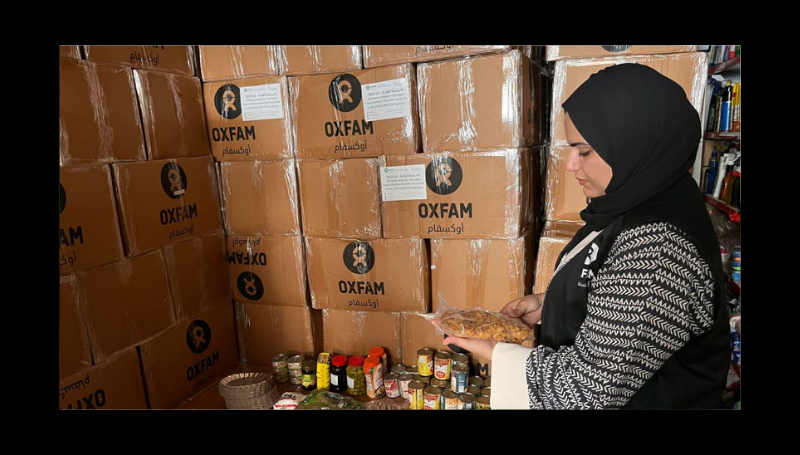Matti Friedman
The Free Press, July 27, 2025
“You might have thought that hunger in Gaza would work against Hamas, forcing the group to have mercy on its own civilians and accept the ceasefire desired by Israel and the U.S. and currently under discussion in Qatar. But Hamas knows that the opposite is true.”
A few weeks into the Gaza war that began on October 7, 2023, we Israelis learned from every major press outlet in the West that we’d just bombed a hospital and killed hundreds of people. The devastated Al-Ahli hospital was on front pages around the world, with a New York Times headline reporting “at least 500 dead.” Furious protests erupted, and a mob burned a synagogue in Tunisia.
The story was fake. A misfired Palestinian rocket had landed near the hospital, which was intact.
Around the same time, we started reading that Israel’s response to the October 7 terror attack—a war that Palestinians started, and which had barely begun at the time—was actually a “genocide,” an ideological slur thrown at Israel by Soviet propagandists, Arab dictators, and the Western left beginning in the 1970s. In the following months, hundreds of Israeli soldiers were killed fighting house-to-house in areas where Palestinian civilians—and combatants—were warned that troops were coming so they could leave.
Reports of impending hunger engineered by Israel in Gaza have been commonplace not just since the beginning of this war but for at least a decade and a half, since Hamas seized the territory and Israel and Egypt imposed a blockade that supposedly turned Gaza into an “open-air prison.” The famine never materialized. Now we hear claims that this same period of supposedly extreme deprivation was actually a Gazan idyll that Israel has cruelly destroyed in this war.
Very little of what is reported here, in other words, is what it seems. This is nothing new. Over the years, Israelis have been accused of fake massacres and rapes. The country’s actions are lied about almost daily by people describing themselves as journalists, analysts, and representatives of the United Nations, often using statistics that are themselves untrue. ...SOURCE


